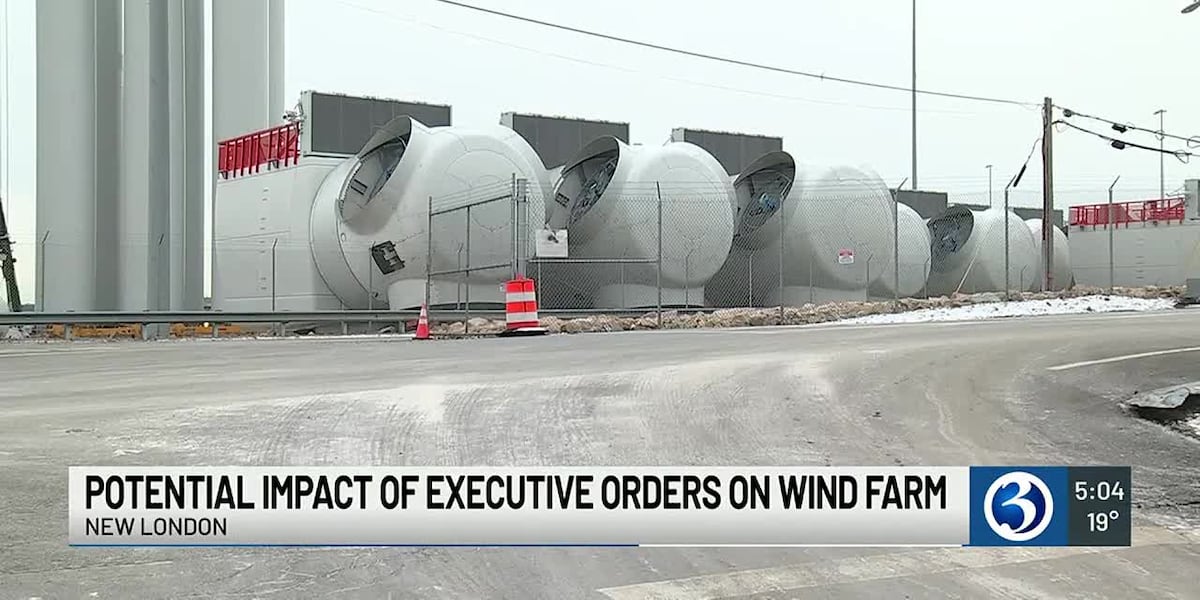
Bracing for the Freeze: Pittsburgh Power Companies Reveal Winter Survival Tips
As temperatures plummet across Western Pennsylvania, local power companies are urging residents to take proactive steps to protect their homes and ensure reliable electricity during the intense cold snap. Utility providers are warning customers to prepare for potential strain on the electrical grid as heating demands surge. Residents are advised to take several key precautions to maintain power and stay warm during these frigid conditions: • Conserve energy by lowering thermostats a few degrees • Seal windows and doors to prevent heat loss • Have emergency backup heating sources ready • Ensure electronic devices are charged • Keep extra blankets and warm clothing accessible Power companies emphasize that collective conservation can help prevent potential widespread outages. They recommend checking on elderly neighbors and vulnerable community members who might struggle during extreme cold weather. Customers are encouraged to report any power issues immediately and stay informed through utility company websites and emergency communication channels. By working together and staying prepared, Western Pennsylvania residents can navigate this challenging winter weather safely and effectively.










